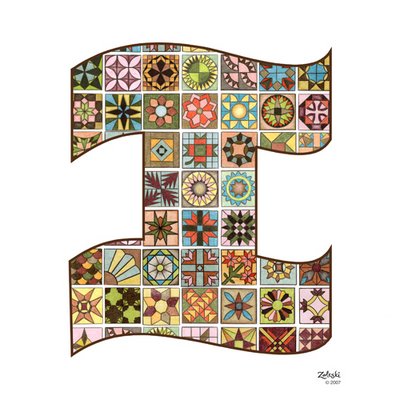











~ SPACE:
INTERNAL STRUCTURE ~
What
is the space of a narration? According to a definition found online
(see http://mimosa.pntic.mec.es/ajuan3/lengua/comnov.htm) the
space is “one of the elements that configurate the novel. The most important
thing in the narration its significant. This is associated with the description.
Therefore, it is needed to pay attention to those descriptions when they
appear… or even when they don’t. The descriptive absence, in some cases, is
demonstrated as a way of break with the monotomous novel. It is needed to
distinguish between the different novelistic spaces, from the real ones to the
fictional and the mythics.”
……………………………………………………………………………………………………………………
Here
I am going to deal with the internal structure of Adrienne’s work “Considering a baby?”. I am going to use
my first reading as a pattern, to compare it afterwards with the relation with
the author. (You might need to read in the summary section to find out what
each chapter talks about, so you know what is going on.)
Month one:
“Your
finances”: The story takes place in pharmacies,
and each one’s house because it is where you buy the pregnancy tests or where
you take them.
Month two:
“Your friends”: The story takes place in the
normal life of any woman. It talks about going to different places. The book,
the food, and friends.
Month three:
“Your naps”: No specific location is said.
Month four:
“Your clothes”: It takes place in maternity stores.
Month five:
“Your
model”: There’s no specific place. The place would
be “magazines” (which is not even a place) but it is where all the pictures of
pregnant women are, and thats when you start thinking about all the ideas that
are said in that chapter.
Month six:
“Your mucus”: That is a common place for every pregnant woman… The bathroom.
Month seven:
“Your husband”: It takes place in the house, specifically I’d say in the
bedroom.
Month
eight:
“Your instincts”: No place at all. Could be at home,
could be in the street, could be anywhere. Because those are thoughts so you
can have them anytime.
Month nine: Your
labor”: The labor room of a hospital.
What do you think about those
places? In my opinion they are the most common places where a pregnant woman
would frequently go. They are places that everybody knows and everybody has
been to at some point. It is easy to see that the author doesn’t really care
about the space of the story. The author is telling us what happens when a
woman is married, and the less important thing in her narration is where those
ideas take place. Most of the commentaries are internal ideas, I mean, women’s
thoughts. Would then the space be the women’s head? I don’t know, but thinking
about it a bit deeper I think that it is the main space. I don’t know, though,
as the women’s head is not a place. What I know for sure is that it is
realistic novelistic space. In different chapters that I have read too, the
space varies from inside the house to the doctor room, or in such places as
where you take yoga classes. By this, the author manages to make
their commentaries real, (that makes the readers believe it can happen) and
therefore, the reader can be identified with the woman that is being described.
There
are too many details that also locate the story with the real world. Pregnancy
tests, the name of magazines, pills, models, actors… all of those are real things
used by the author, which brings up the matter of realism to the story and at
the same time the global space of the story (the United States of America) You
must be wondering how do I see that? Well, for example “People’s magazine” is
an international magazine published in the United States and spread all over
the world. In my first reading I wrote down the little details that relate the
hypertext space to the author’s space. If you want to read it go to:
……………………………………………………………………………………………………………………





[Index] [Adrienne Website] [Biography] [Works]
[Considering a baby]
[Summary] [Internal
analysis] [External
analysis]
[Conclusion] [My blog]